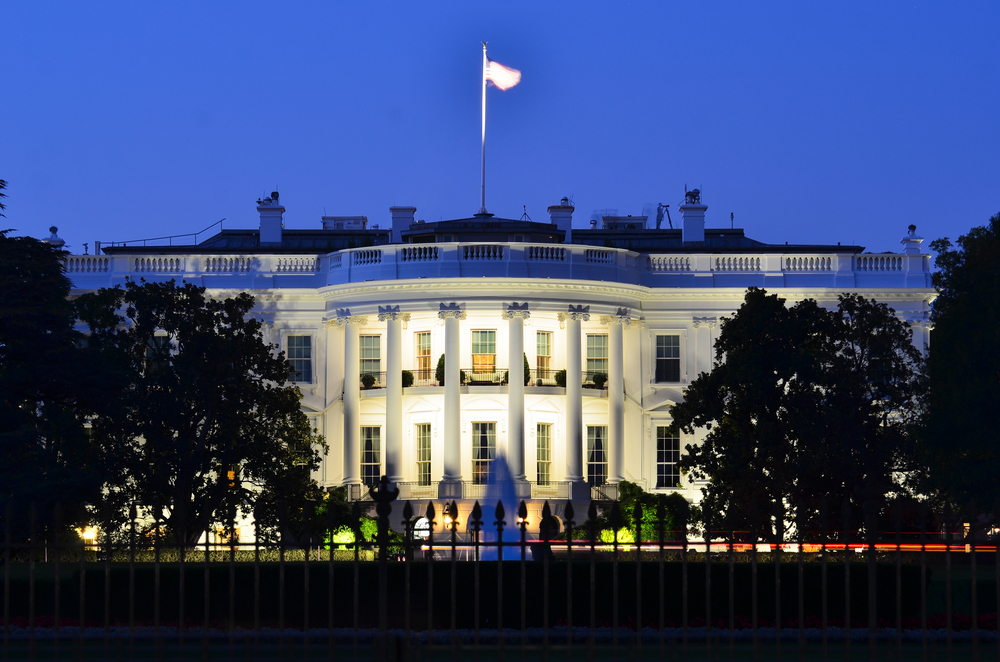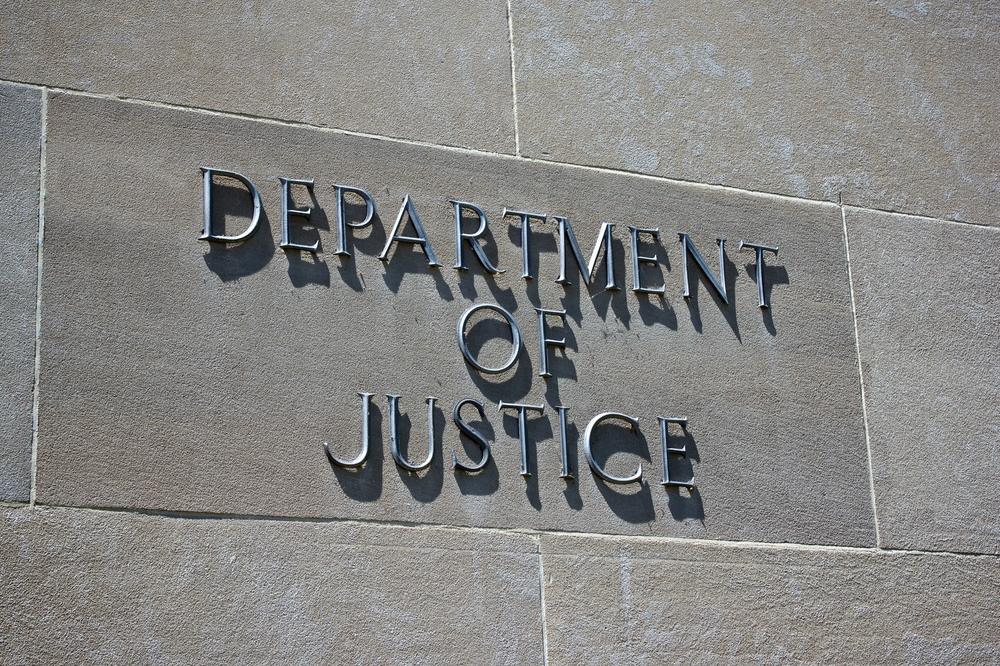President Obama wants to go where the Supreme Court refused to tread. As part of his cybersecurity and privacy initiatives, which we discussed last week, the President would strengthen the federal anti-hacking provisions of the Computer Fraud and Abuse Act (CFAA), including an expansion of activity covered by the statutory phrase “exceeds authorized access.” In so doing, the President would resolve a circuit split between the First, Fifth, Eighth, Seventh, and Eleventh Circuits, on the one hand, and the Ninth and Fourth Circuits, on the other. His reason? “No foreign nation, no hacker, should be able to shut down our networks, steal our trade secrets, or invade the privacy of American families.” READ MORE
White House Proposal: Beef Up Anti-Hacking Laws and Resolve a Circuit Split











